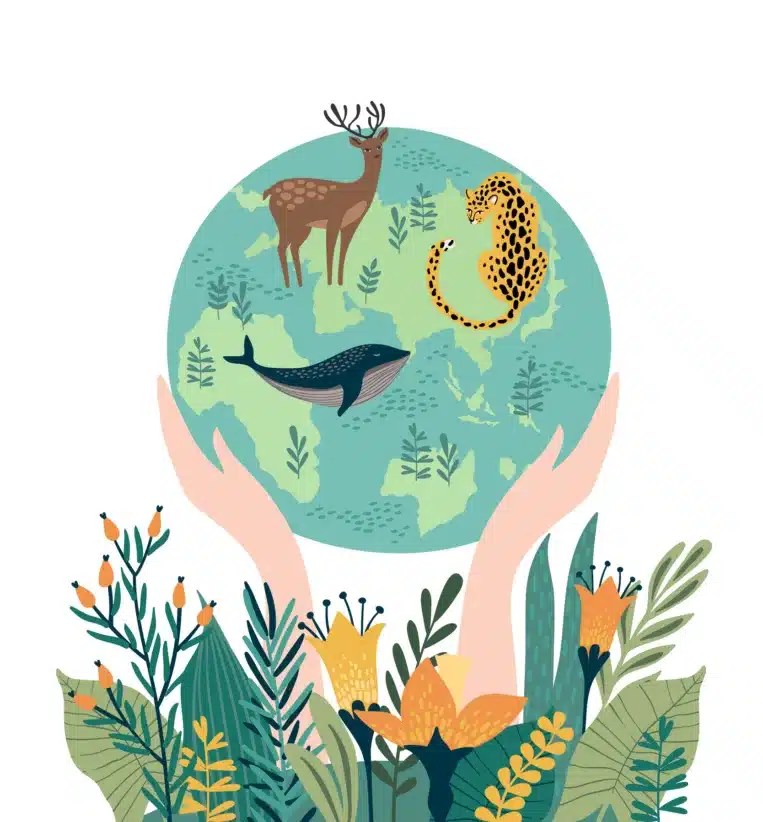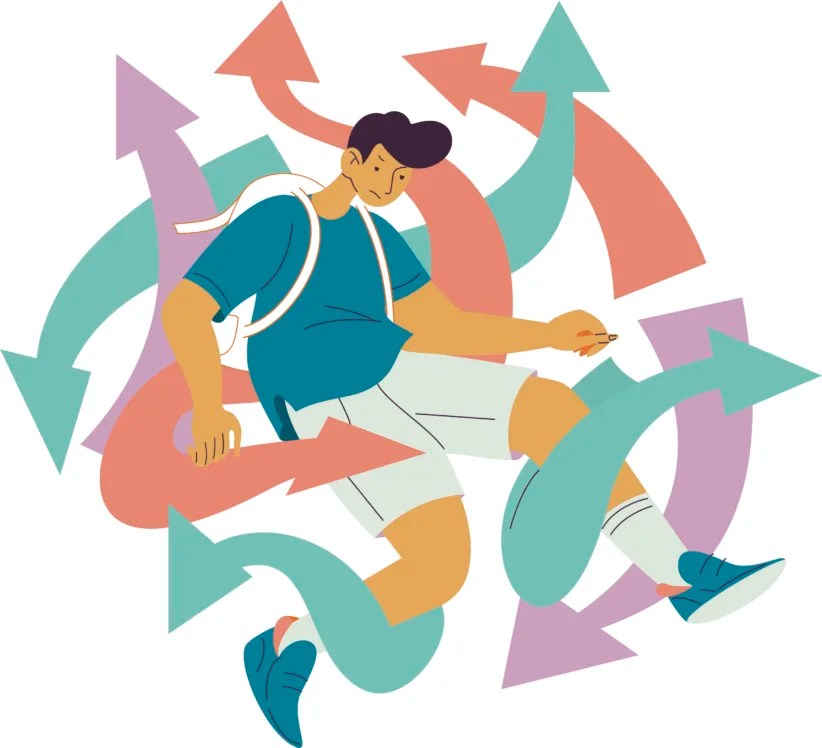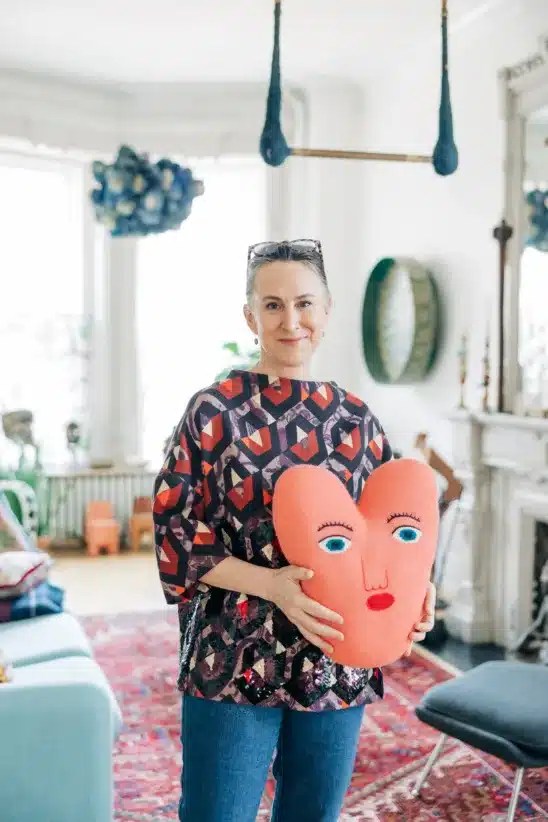To put it simply, I owe my existence to the sport of rowing. My parents met while my dad was coaching the US national team in Hanover, NH, where my mom was a student and rower at Dartmouth College. He had placed fifth in the coxed four at the 1972 Munich Olympics and won gold at the 1974 World Rowing Championships. My mom—who’d won the Women’s Championship Single event at the 1978 Head of the Charles—had earned a spot on the 1980 Olympic team (a year after marrying my dad), but she never had the chance to compete. That year, the United States, along with 64 other countries, boycotted the Moscow Games to protest the Soviet Union’s invasion of Afghanistan. My dad’s Olympic experience was also marred by political strife and tragedy—during the second week of the Munich Games, the Palestinian terrorist group Black September took hostage and eventually killed 11 members of the Israeli Olympic team.

After Munich, my dad continued his career as a collegiate, national, and Olympic team coach, while my mom worked as a chemical engineer. In 1980, my dad founded his own boat-building company, Vespoli USA, which has built world-class rowing shells in New Haven, CT, for more than 35 years.
Meanwhile, my own rowing career started and ended in high school. While I loved the team and the mental and physical toughness the sport requires, I never found the passion that drove my parents to their achievements. And to their credit, they never pushed me.
As anticipation builds for the 2016 Games in Rio, I asked my parents to reflect back on their own Olympic experiences.
When did you both realize that going to the Olympics was a possibility in your rowing careers?
Mike Vespoli: [After I left college in 1968], my goal was to make the national team each year. I didn’t think about four years ahead of me. So every year I made the national team, and by 1970 I had an idea that I’d have a good chance. I even had—I think I put it up on my mirror in 1971— a caption from one of the [ads promoting the Olympics] that said: “This is one of the athletes you’ll see in the Olympics.” I cut that out and put it on the mirror, so I could see it every morning… Each year I made a national team and worked harder and had more experience; and I was 25, so I figured I had a pretty good shot…I also had the best erg score [in the country].
Nancy Vespoli: I started rowing when I was at Dartmouth, and the national team… had started training up in Hanover, and these athletes were going to the [1976 Olympics in Montreal]. So I met your dad up there, and it was through his encouragement after I graduated and was living in Cambridge that I started sculling on my own. I was just trying to make the national team, and then my goal was the 1980 Olympic team, which I made in the national team quad [scull]…so I didn’t know if I could make it until I made it, but that was what I was trying for.
So Dad, what was it like to be at the Games in Munich?

MV: It was exciting! We were looking forward to a decent performance… But we knew that the best team in the world was the West German coxed four. They had been world and European champions for three consecutive years. It was the only event that the East Germans weren’t a heavy favorite in. And these guys from Germany were called the Bulls of Konstanz. They were huge… We just did it like it was a summer thing—train on your own, get together, form a team. So here we are, we’ve only been a crew for about four, five, six weeks rowing as a boat and then going to the Olympics… So the results with the eight getting the silver medal, and us in the [coxed] four placing fifth, was a pretty big deal.
And when did the Israeli hostage situation happen?
MV: [We had the] opening ceremonies, then we started racing the next morning. And they spaced [the racing] out over the course of about six days. We finished, I think, on a Saturday…I think the hostage situation took place the next day. [Black September, the Palestinian terrorist group] came in the middle of the night. The Olympics were going along well—there weren’t a lot of problems, and then of course that happened.
What was the response?
MV: We had gone out that night—the night after the hostage taking—and as we were coming back we saw the helicopters take off from the Olympic Village to land at the airport, and then the West German police stormed them. And the terrorists blew themselves up with hand grenades and all the people in [the helicopters]… then the big dilemma was should the games go on? So they had a ceremony the next day in the Olympic stadium, and…they decided that the games should continue.
[gravityform id=”16″ title=”false” description=”false” ajax=”true”]
Did you meet lots of people from other countries, or were you just focused on having a good race?
MV: For the first week we were focused on doing our thing. And then we would trade [clothes] after the races. You have to understand, we were outfitted by Sears. [Our uniform] was polyester. Our parade uniform was a white jacket with the Olympic blaze, and a blue tie with red, white and blue stripes. And red pants—bell-bottom—with these white patent-leather, high-top boots. But the East Germans never would trade because they were under strict control by the German government, they couldn’t do anything. But this one East German, as we were on the bus after rowing, [said] he wanted my shoes. And I said: “I’ll give you my shoes, but I’ve got to have your sweat top.” So I traded and I got it! Nobody gets a DDR sweat top. Then [one of the US coaches] comes up to me…and he says: “Look, the East German guy’s in a lot of trouble.” So the East German comes up to our quarters, he has the shoes, and I just give him the sweat top and let him keep the shoes. So we did that, we went drinking in town, we traded pins. That was the kind of stuff we did.

How did you feel when you were on the water and rowing to the start at the Olympics?
MV: Well, we had never raced before such a big crowd. Because the [West] Germans in our event were favored. I think there were 16 teams…and we made the final, which was a big deal… Not many American boats were making the finals… All you heard was “Deutschland! Deutschland!” We were in lane 5, [the West Germans] were over in lane 1. They had to beat the East Germans, and that’s really hard, and then the big race was between the Czechs and the Soviet Union. And the Czechs got the bronze medal…and [we got 5th].
Mom, can you talk about learning that you made the team, and then finding out that you wouldn’t be able to go?
NV: Well the boycott discussion in the government [had been] going on for a few months before [the Olympics].
MV: [Because] the Soviet Union had invaded Afghanistan.
NV: So [President Jimmy Carter] wanted to boycott the Olympics, and he’s trying to get our allies to go with him. It turned out Britain went to the Olympics, Canada went to the Olympics, and…most of [our allies] went. But we didn’t know that the boycott was definite and we were still trying out…I still wanted to make it in case we didn’t boycott… Then we found out we couldn’t go, but we went to Europe anyway, we raced in Amsterdam, [Lucerne], and Germany… And then our big consolation was going to the White House, and having a picnic on the White House lawn and shaking hands with Jimmy Carter, and Rosalynn and Amy Carter. We went to the Kennedy Center for a concert, and we got pictures taken on the Capitol steps, there was a parade for the whole Olympic team–that was our Olympics.
And some of your teammates didn’t want to shake the President’s hand, right?
NV: Right, I mean there were only three of us [on the women’s rowing team] who did… I just felt like I was at the president’s house, and I didn’t need to go to the president’s house. I wasn’t going to be rude once I got there. Plus, I don’t meet many presidents.
When you found out that you couldn’t go, how did you feel?
NV: Well, I was so wrapped up in making the team that it really didn’t hit me until time passed. And then you realize what you missed.
MV: That it was your only opportunity.

After 1980, did you keep rowing at a high level?
NV: No, that was kind of my goal–to end in 1980. I mean other people kept going, but it turned out that the Eastern Bloc boycotted the 1984 Olympics anyway, so it was kind of another scam Olympics. And we had just gotten married, and I had finished my master’s degree from MIT, and I had to move on with my life. And that was my plan.
Do you think being such elite athletes impacted the way that you approach parenting?
NV: Well, we understand the value of fitness and sports. Because you were always involved in sports.
MV: It shows itself in a lot of ways: Mom’s approach to nutrition, and exercise, and what hard work can do.
When you were having a child, did you ever think: “Oh, we hope our kid is going to be an elite athlete?”
NV: No, we just wanted our kid to be what she wanted to be.
MV: No, you don’t, it’s a decision…you can never be successful if your parents make the decision for you. People find their interests. My parents never pushed me. They did say: “If you do something, do it well.” They didn’t say: “You’ve got to do this, you’ve got to do that.” But if you found something and you excelled in it, that was fine. Better to be well-rounded.
NV: So [with you], we did the well-rounded approach–become a generally good athlete, don’t just focus so you could become an Olympic athlete.
MV: Because your parents can’t make you one.





















